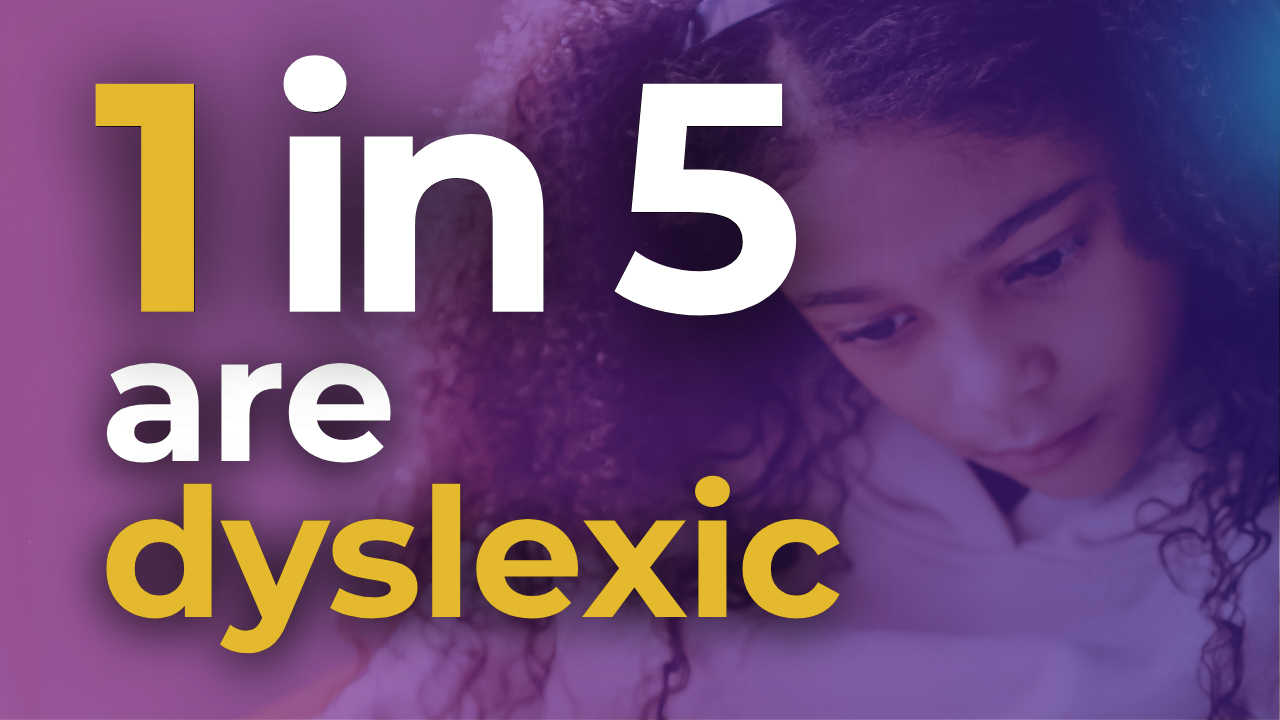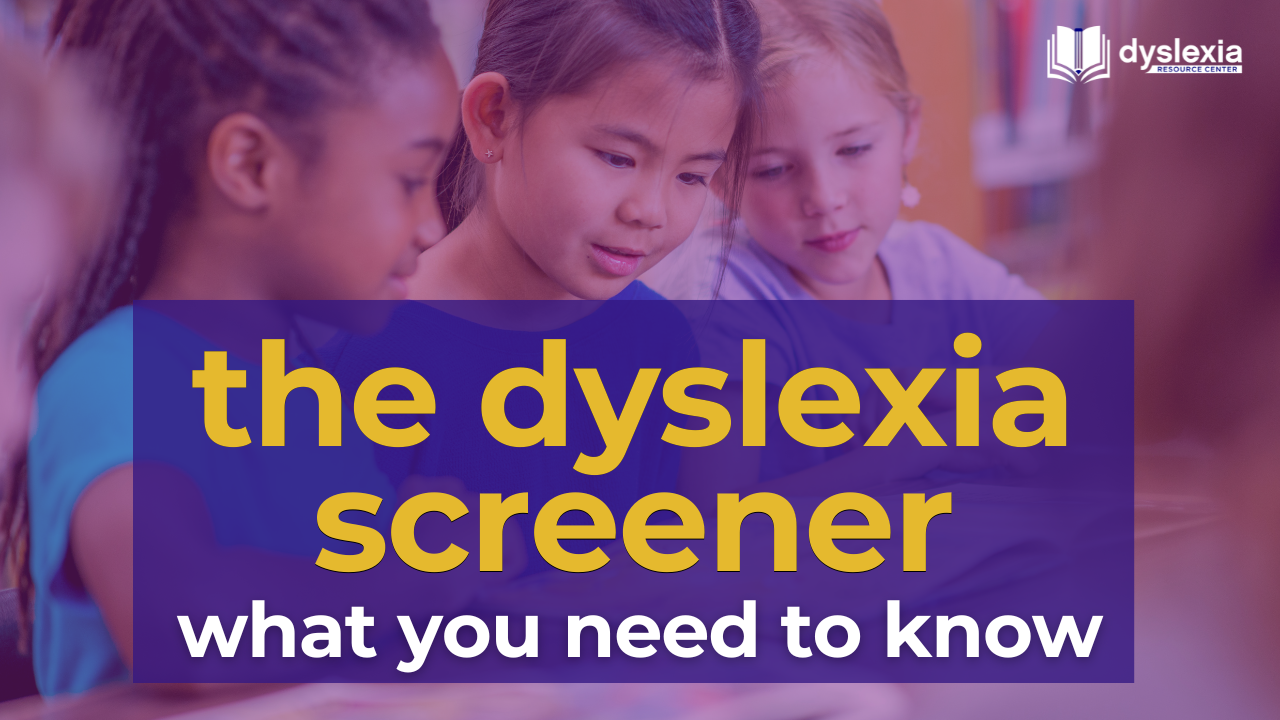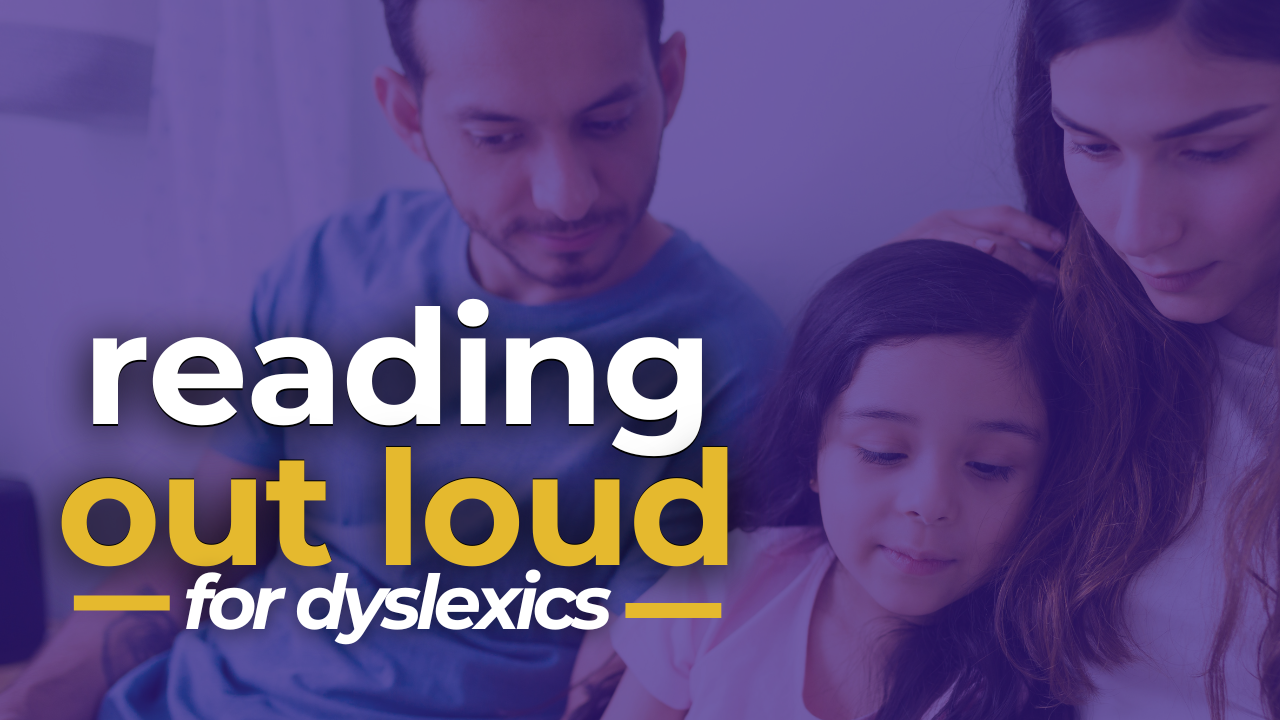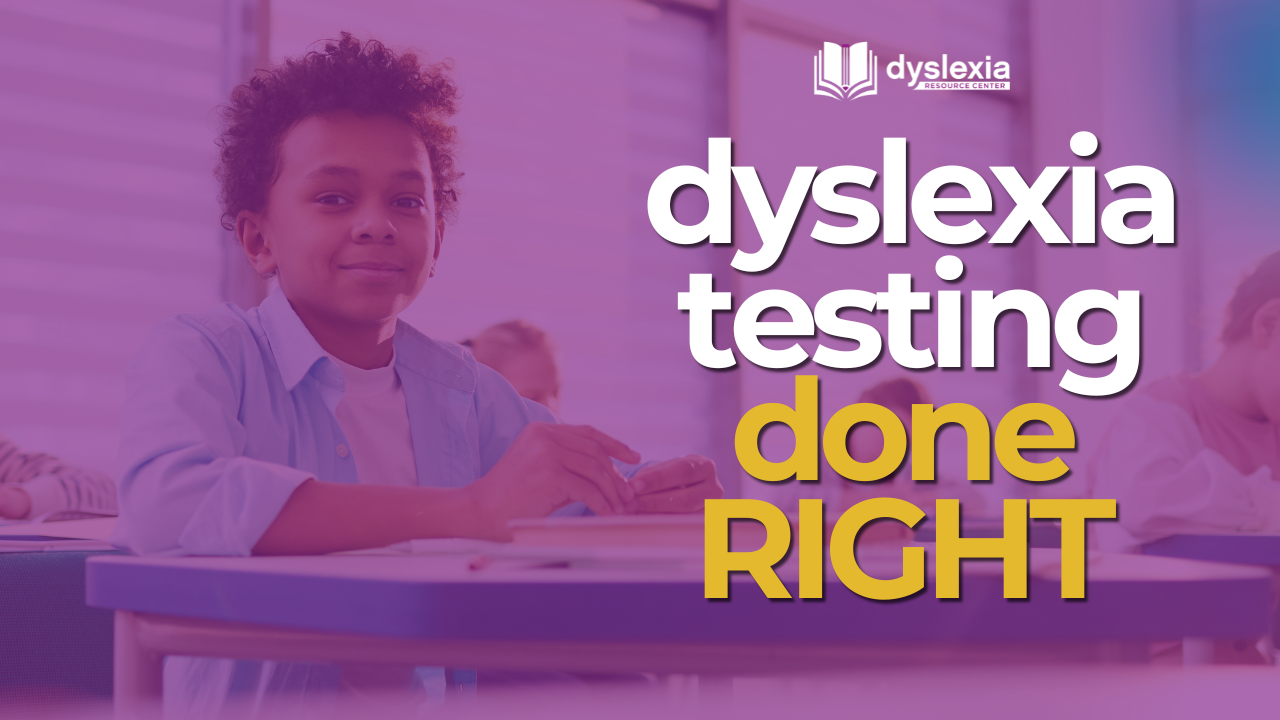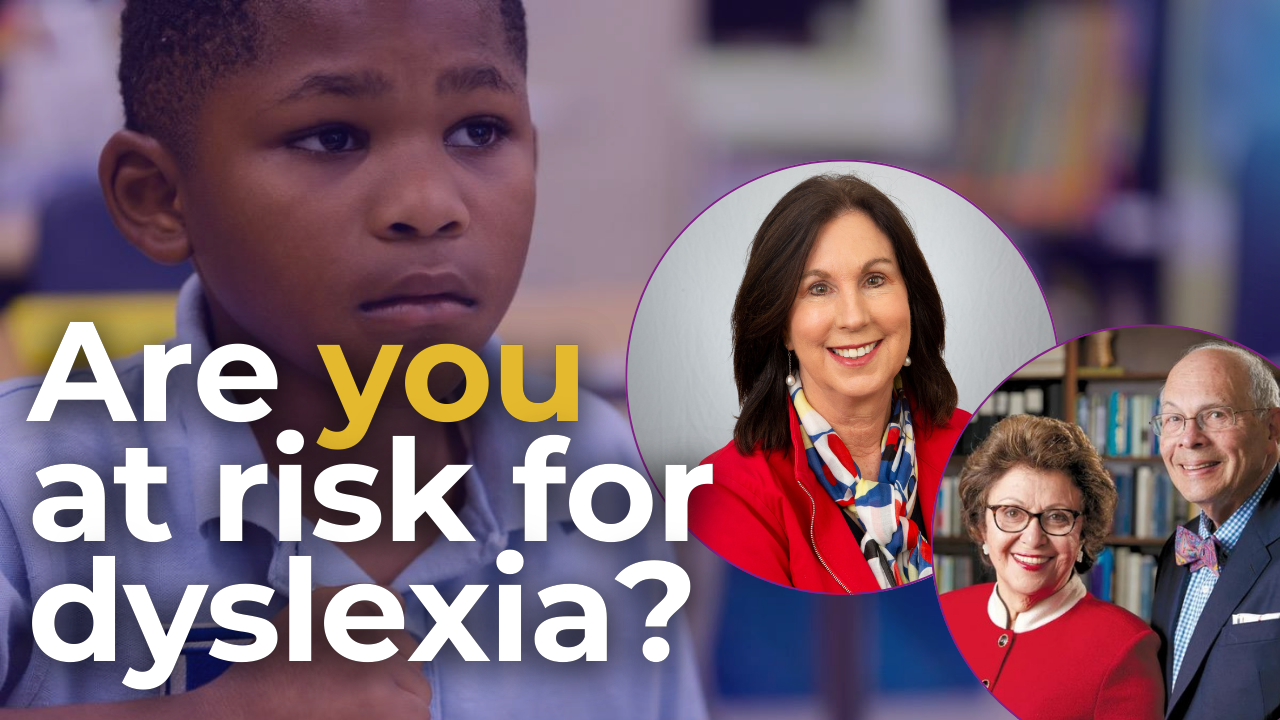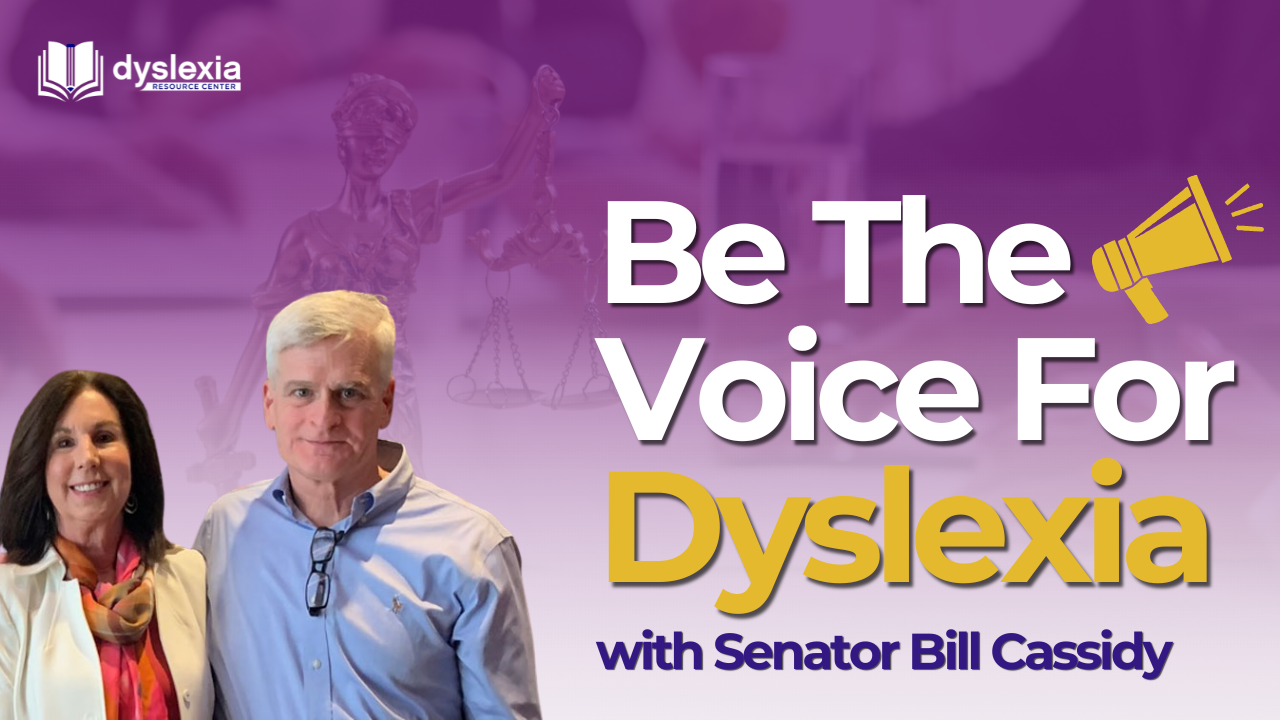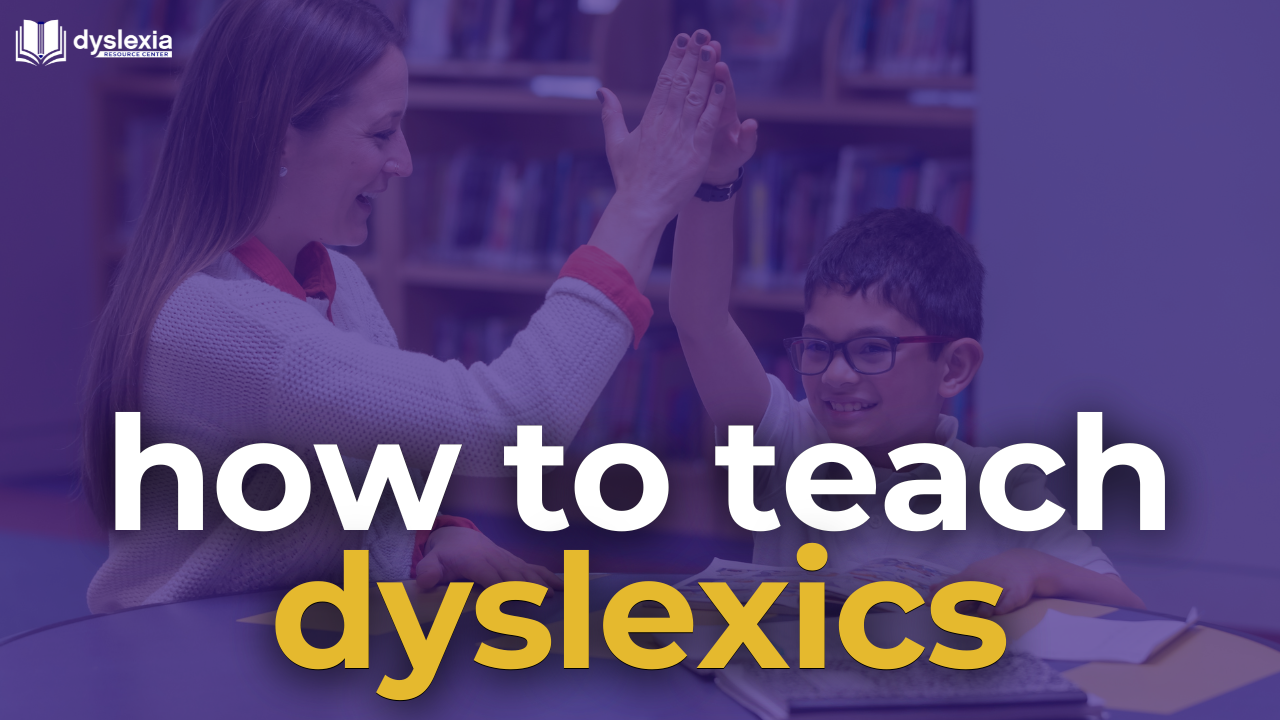Statement At Round Table With Sec DeVos On Oct. 25, 2017

Thank you, Sec. DeVos, parents and advocates. I am here as a physician who took a turn into education for dyslexics. It was a natural turn since we have scientific evidence about dyslexia. Now, we must translate that science into the classroom.
I am here representing Louisiana Key Academy which is in its fifth year and serves 320 children in first through sixth grade. I am also representing the dyslexics that are in every classroom. The one in five- every race, male and female, every economic class and every state and county. Most of these children are not identified as dyslexic. They are struggling academically and neither the child nor the parent understands why.
I quote U.S. Senate Resolution 284 that was passed unanimously this year on a bipartisan basis. It calls for America- Congress, States, LEAs, schools to recognize the SIGNIFICANT educational implications of dyslexia that MUST be addressed. Note the word “significant” and that it “must be addressed” because currently it is not addressed.
Why is it significant? The achievement gap between dyslexics and non-dyslexics is present in the first grade and it does not go away. Universal screening is necessary in kindergarten and first grade so that dyslexic children can be identified as dyslexic. No other name should be given to the child; Not LD, or learning disabled, dysgraphia, or discalculia.
If you came to me as a doctor, with a sore throat, I would look at your throat. I would swab your throat if Strep throat was a possibility. If the lab confirmed Strep throat, I would give you Penicillin. I would not call Strep throat a sore throat and I would not treat Strep throat with a lozenger.
Precise terminology should be used with dyslexia as well so that students don’t sit in classrooms called or feeling lazy or dumb. Who knows what else they feel as they struggle academically.
Despite dyslexics having average to above average IQ’s, we know that dyslexics have lower high school graduation rates, lower college entrance and graduation rates and that some view it as a “school to prison pipeline”.
Educational administrators are determining the lives of individuals with dyslexia so they are determining the sum productivity of America. It cannot be that we only educate a privileged few. We must have universal screening, evidence based instruction, and appropriate accommodations for life for ALL dyslexic students.
We can do this. We cannot say, “this is too hard”, or “too expensive”, or it is a zero sum game and “takes from another group”. This is about solutions. This is America. We solve problems; think of the race to the moon, the internet creation, driverless cars.
Louisiana Key Academy is a best practice model for children with dyslexia based on current science. We (Bill and I) are here because we are committed to advancing solutions for all children with dyslexia- because it is and they deserve, the American dream.
